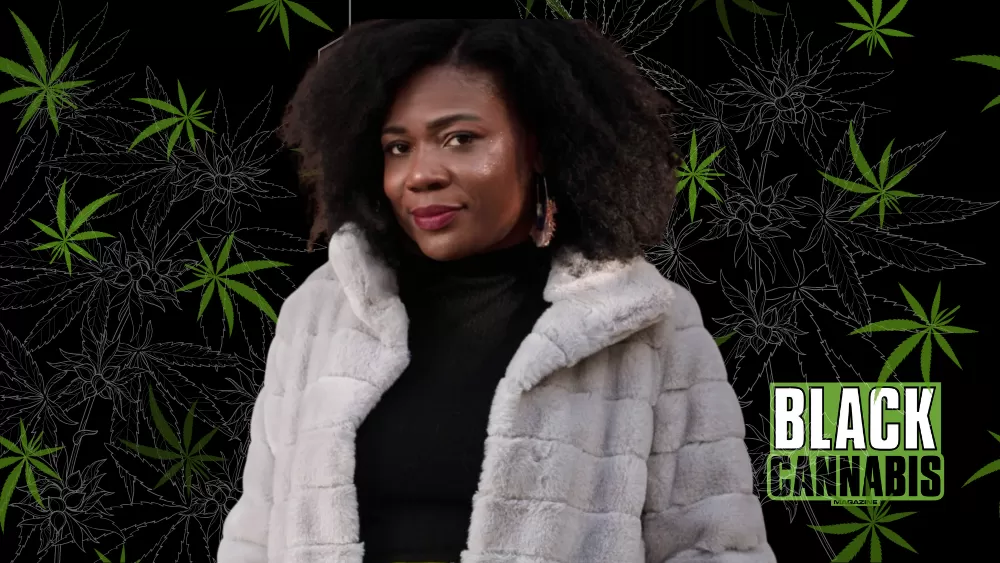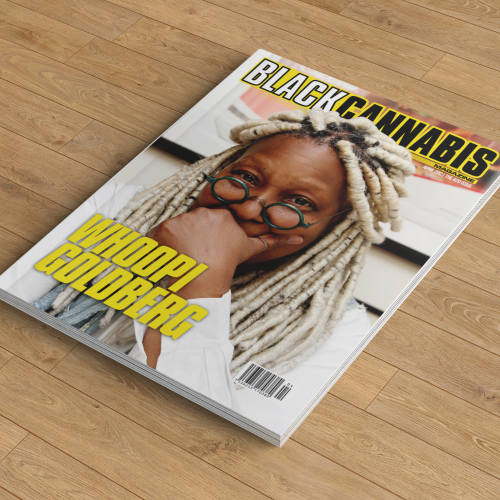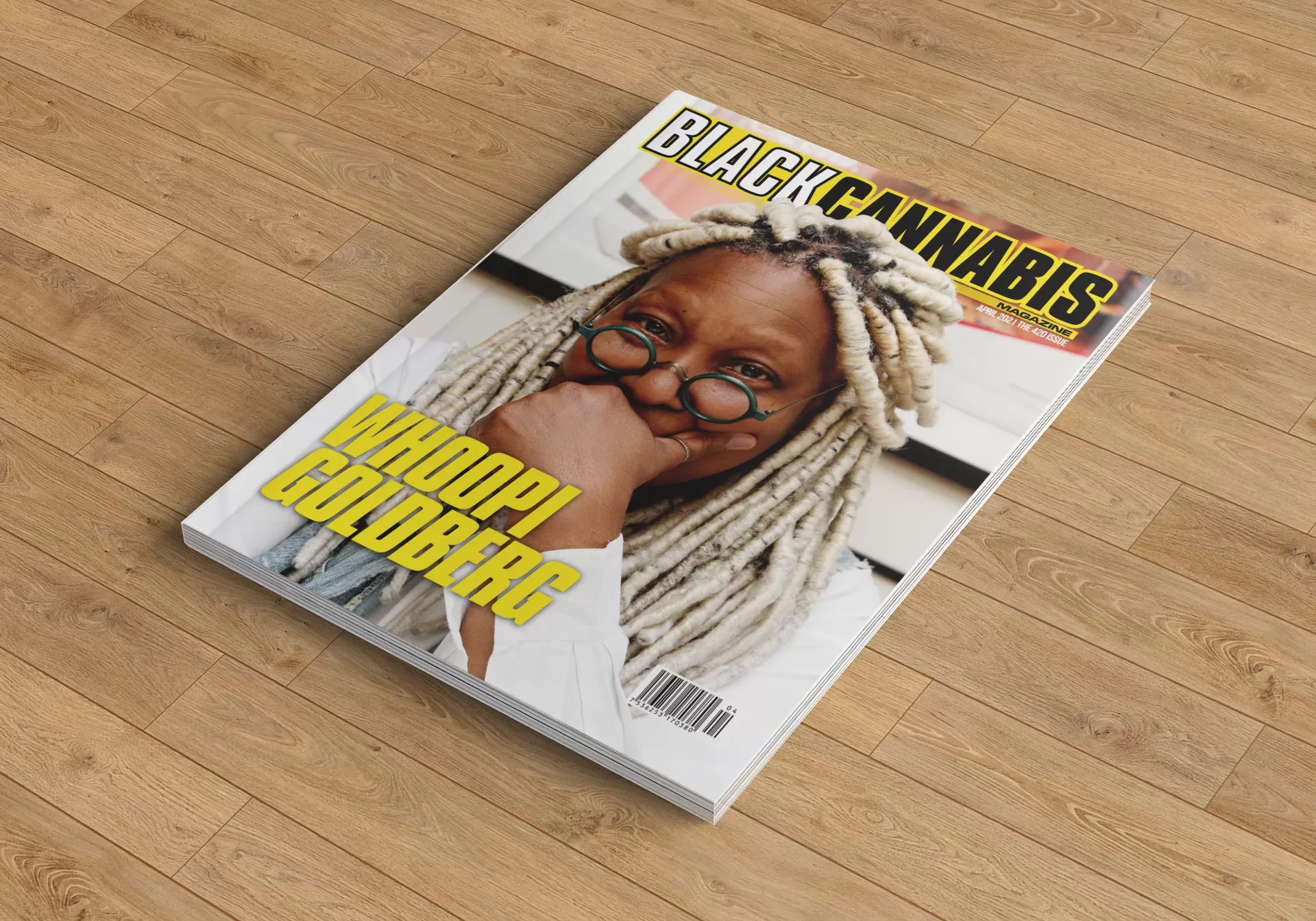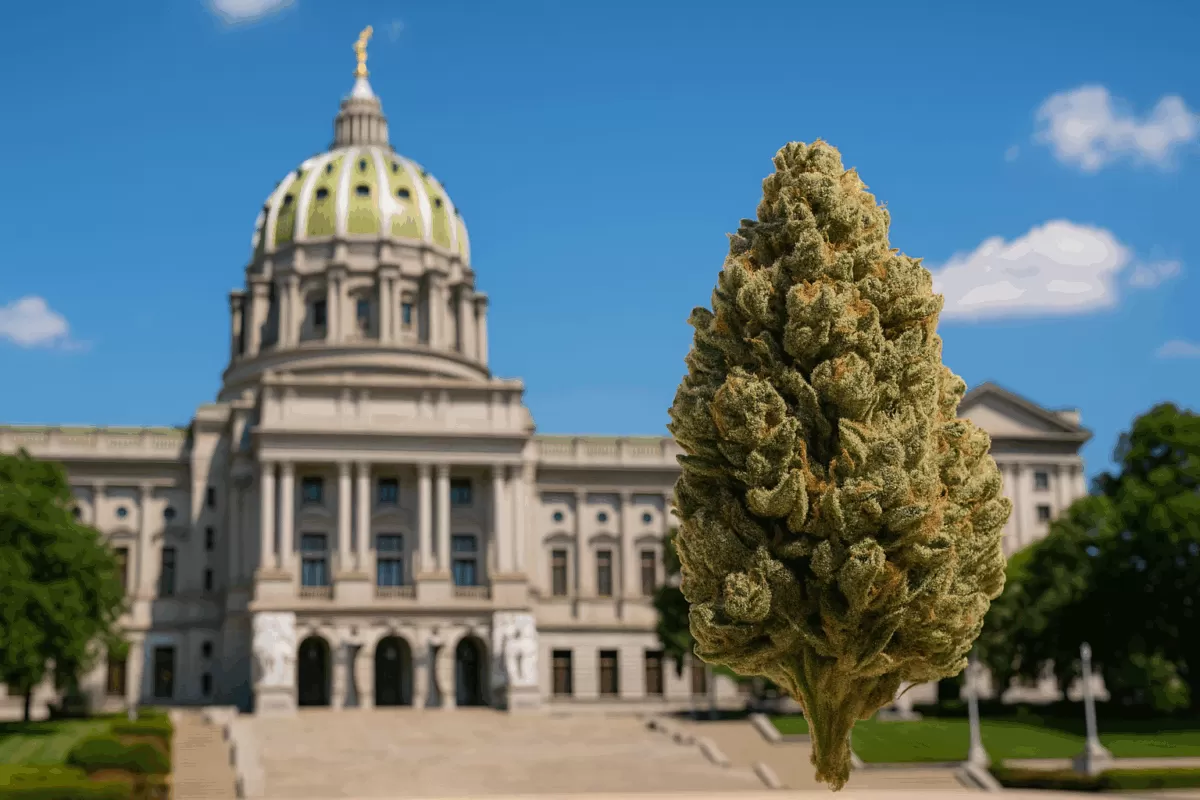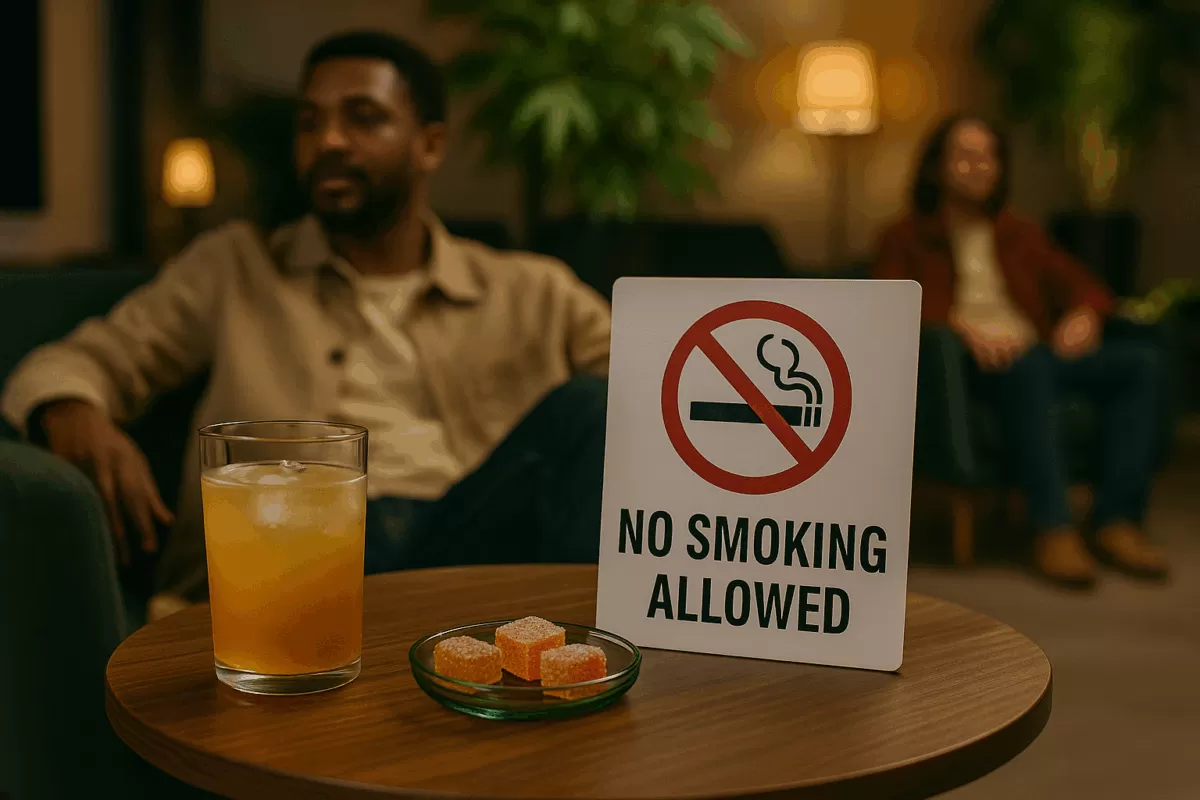The Fall of a Cannabis Power Player: What Really Happened Behind the Scenes
The cannabis industry in New York City was built to be different. Equitable. Inclusive. Transparent. But last week, that vision took a hit. The city’s first-ever cannabis czar, Dasheeda Dawson, abruptly resigned from her post at Cannabis NYC amid a brewing sexual harassment investigation. The reason? Allegations that she used her position to pressure another woman into a polyamorous relationship in exchange for access and opportunity.
This isn’t just workplace drama—it’s a major shake-up in the rollout of one of the nation’s most closely watched legal cannabis markets. Let’s break it down.
Who Is Dasheeda Dawson?
Dawson wasn’t just another bureaucrat. She was a bold, visible leader who helped create Cannabis NYC in 2022—an initiative under the Department of Small Business Services aimed at supporting entrepreneurs entering the city’s legal cannabis space.
She had the resume, the passion, and the mission: bring equity to a new market often built on the backs of Black and brown communities criminalized by the War on Drugs. She launched job training programs, led educational tours across boroughs, and helped spearhead an $8 million loan fund for dispensary owners. Her voice rang loud in defending the state’s cannabis rollout, even when lawsuits slowed things down.
So, why did she step down?
The Allegations
According to reports, two business owners—Jamila Washington and Monifa Foluke of Repot Box, an app designed to reward consumers for recycling cannabis packaging—filed a complaint last year alleging that Dawson used her power to pressure them into a personal relationship.
Washington claims she was blacklisted after declining the alleged advances. Panels, opportunities, and visibility—gone. “She killed our small business intentionally,” said Washington. “If it was a man, people would understand what the problem was.”
The alleged dynamic involved a former partner that both women had dated. Messy? Maybe. But the real issue is whether a city official leveraged her position to retaliate against entrepreneurs who wouldn’t mix business with pleasure.
Dawson Denies It All
In her resignation letter, Dawson maintains her innocence. “The allegations were fabricated and contradict everything I stand for and the professional reputation I’ve built over many years,” she said. She noted that she’d been informed of the complaint back in July and had cooperated with investigators through September. Since then, she claims she hadn’t heard another word.
Despite the swirling controversy, she emphasized that her decision to resign was unrelated to the investigation.
City Hall isn’t saying much either. A spokesperson for Mayor Adams’ office simply stated, “Dasheeda Dawson no longer works for this administration,” and that all city employees are expected to act ethically.
No Replacement Named Yet
As of now, Cannabis NYC is without a leader, and the future of the program—especially its equity-centered initiatives—remains uncertain.
The Department of Small Business Services thanked Dawson for her service but would not confirm whether an Equal Employment Opportunity complaint was filed, citing confidentiality.
What’s Next for Dawson?
In her farewell message, Dawson hinted at expanding her work beyond city government: “I intend to continue this work at the state and federal level.” But as the allegations loom large, her next move may be complicated.
She leaves behind a mixed legacy—part trailblazer, part controversy. Regardless of how the investigation ends, her exit marks a critical moment for NYC’s cannabis industry. For a city that promised to do things differently, this situation feels all too familiar.
The Bigger Picture
This scandal isn’t just about one woman. It’s about the vulnerability of small businesses in new industries, the potential for abuse of power—even in progressive spaces—and how quickly trust can unravel when politics, identity, and power collide.
For cannabis entrepreneurs in NYC, particularly those from marginalized communities, this controversy reinforces a hard truth: the system still needs work. Real equity isn’t just about access—it’s about protection.
Final Thoughts
New York’s cannabis rollout is already under a microscope, and this situation only adds to the complexity. Cannabis NYC was supposed to be the city’s answer to fairness and inclusion. As we wait to see what the investigation uncovers, the community is left with questions, concerns, and a leadership vacuum.
One thing is certain: the work must go on. With or without Dawson.
Black Cannabis Magazine is your go-to platform for cannabis culture, news, and lifestyle content with a focus on diversity and inclusion. For more information, visit www.blackcannabismagazine.com.
Copyright 2025 Black Cannabis Magazine. Distributed by Hazey Taughtme, LLC.

